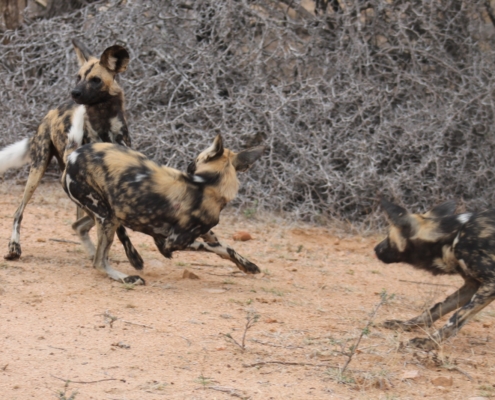What really happens with the U.S. Tariffs on South Africa
With headlines flying about the U.S. government imposing new 30% tariffs on South African goods as of August 1, 2025, many travelers are wondering:
“Will this affect my travel plans?”
“Will prices for accommodation or flights suddenly go up?”
Short answer: No.
Long answer: Still no—and here’s why.
What the July 2025 U.S. Tariffs Are Actually About?
The new tariffs are part of a “reciprocal trade policy” announced by former President Donald Trump. The plan targets goods exported from South Africa into the United States—mainly items like:
-
Minerals and metals
-
Processed agricultural goods
-
Automobiles and auto parts
-
Some manufactured items
These tariffs are paid by U.S. importers, not by South African businesses, and definitely not by tourists.
How Tariffs Work—and Why Tourists Don’t Pay Them
Tariffs are essentially taxes on imported products. If a company in the U.S. imports wine, oranges, or gold from South Africa, it now pays a 30% duty on those goods. This is strictly limited to goods crossing borders.
You, as a traveler, are not importing anything. You’re consuming local tourism services inside South Africa—which are completely unaffected by U.S. import tax laws.
What This Means for Your Travel Costs
Here’s how each part of your travel experience is (or isn’t) affected:
Flights to South Africa
Flights are priced based on:
-
Fuel prices
-
Airline competition
-
Seasonal demand
-
Currency exchange rates
None of these are affected by whether U.S. importers are paying more for avocados or copper. In fact, flights might get cheaper if the South African rand weakens slightly (as it sometimes does when international news causes economic jitters).
Accommodation in Kruger National Park
Hotels, safari lodges, tented camps, and resorts charge in South African rand, and their rates depend on:
-
Local operational costs
-
Tourism season (peak vs. low)
-
Staffing and maintenance—not foreign trade policy
No lodge is suddenly increasing your room rate just because a shipment of citrus juice is taxed on its way into New York.
Safari Activities, Meals, Park Fees
Your safari excursions, buffet breakfasts, and SANParks entry fees are all domestically priced and managed, and have no connection to U.S. policy decisions.
No Ripple Effects? Here’s Why
You might be wondering:
“Even if tariffs don’t target travel, couldn’t it have knock-on effects?”
It’s a fair question, but let’s be clear:
Tourism Services Are a Separate Economic Sector
Tourism is categorized under “services,” while tariffs are applied to “goods.” Even in countries where tariffs are extreme, travel remains unaffected unless there are visa bans or sanctions (which there are not).
Potential Silver Lining for U.S. Travelers
If the South African rand weakens slightly due to global trade tensions, your dollars go further—meaning cheaper lodges, meals, and excursions. This makes it a particularly smart time to visit.
Why You Should Still Book That Kruger Trip
Kruger National Park is one of the most affordable big-five safari destinations in the world. And nothing about the new tariff policy changes that. Here’s what you’ll still enjoy:
-
Luxury stays at prices far lower than Kenya or Tanzania
-
Park entry fees under $30
-
All-inclusive bush lodges for a fraction of European safari rates
-
Unrivaled wildlife sightings in a malaria-free zone (in many parts)


